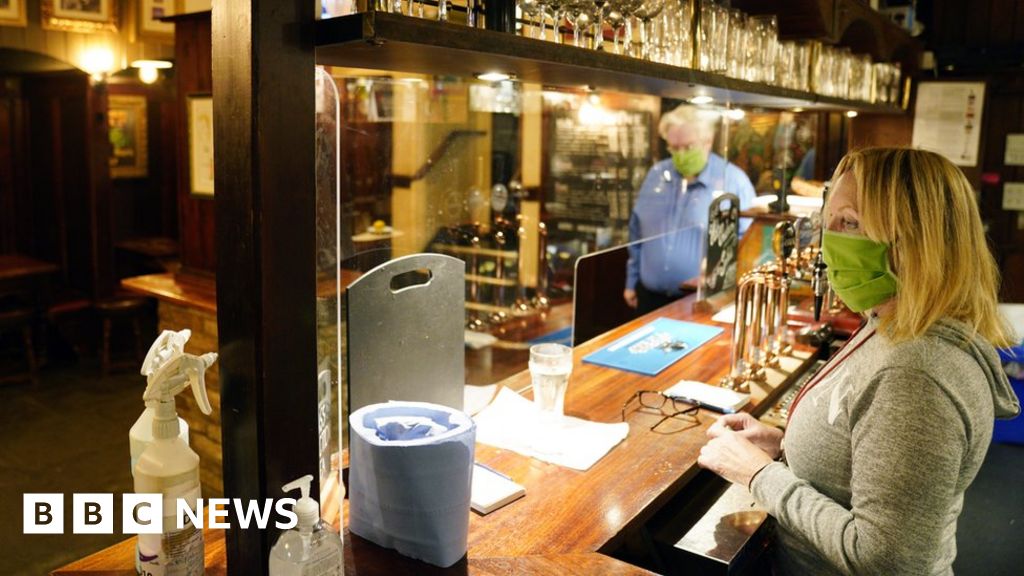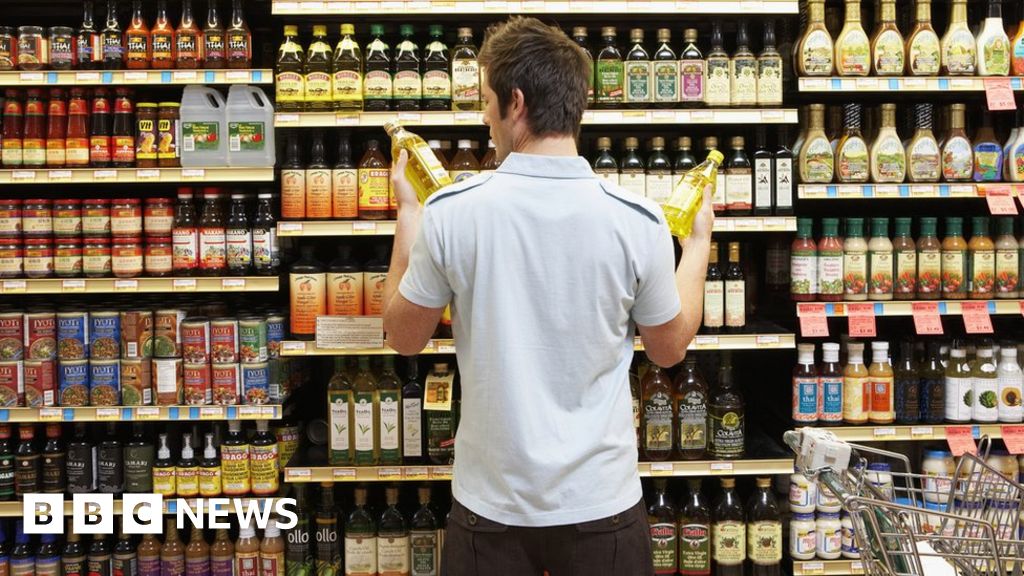 Image copyright
Getty Images
Image copyright
Getty Images
The government has urged pharmaceutical firms to have six weeks' worth of drugs stockpiled, in readiness for the end of the Brexit transition period.
In a letter to medical suppliers, the Department of Health and Social Care said there would be no extension to the transition period after 31 December.
The DHSC acknowledged that global supply chains were under pressure because of the coronavirus crisis.
But it said having reserve stocks would provide a buffer against disruption.
"To build upon past work and ensure a co-ordinated approach, we will be asking suppliers to confirm their contingency plans for the end of the [transition period]," the department's letter said.
The call from the government comes amid continued uncertainty about what form the UK's relationship with the EU will take after the transition period ends.
Last month, after informal talks in London, the EU's chief negotiator, Michel Barnier, said "significant divergences" remained between the EU and the UK on a post-Brexit trade deal.
The UK has ruled out extending the 31 December deadline to reach a deal.
Border controls
The government asked medical firms to consider avoiding sending supplies on short routes across the Channel, such as from Dover and Folkestone to Calais and Dunkirk.
Its letter also pointed out that regardless of whether the UK and the EU reach an agreement, the government plans to bring in new border controls in three stages, concluding in July next year.
In June, the pharmaceutical industry warned the government that some stockpiles of medical supplies had been "used up entirely" by coronavirus.
Drugmakers fear stockpiles cannot feasibly be built back up again in time, if the UK should fail to strike a deal with the EU.
The pharmaceutical industry advised that the government would need to buy and store a longer and much broader list of medicines, because of the joint challenge of the pandemic and in the event of a no-deal Brexit deal at the end of this year.
Drugmakers also urged the government to ensure that alternative supply routes were put in place to ensure that goods could continue to flow uninterrupted across borders.

 5 years ago
646
5 years ago
646 

